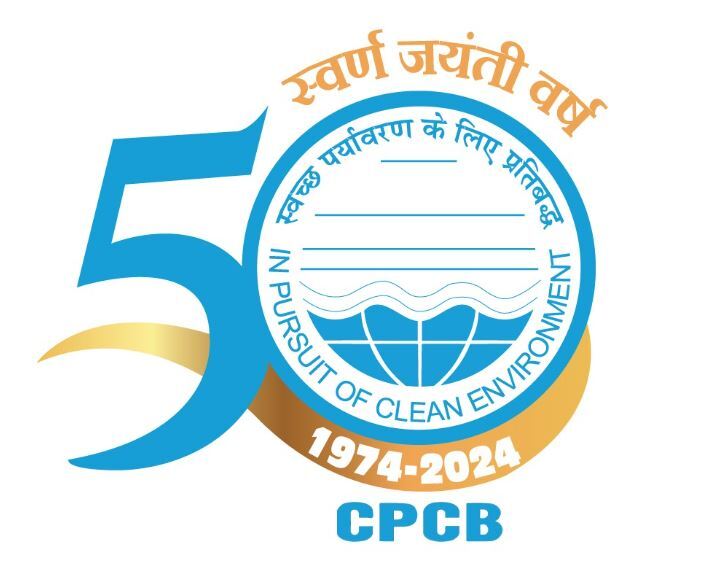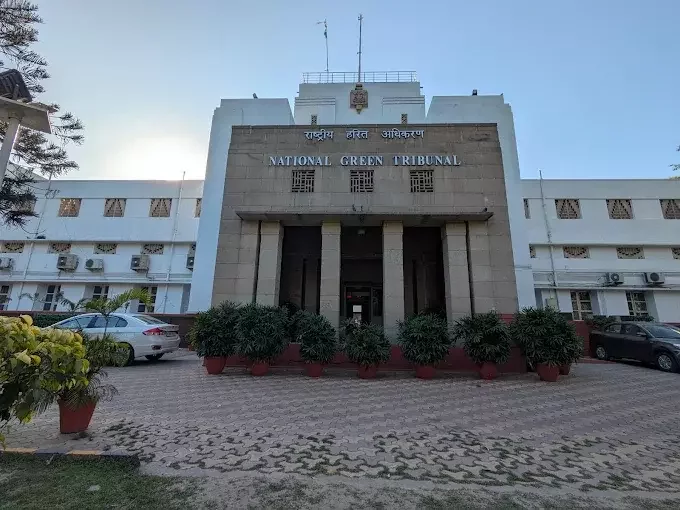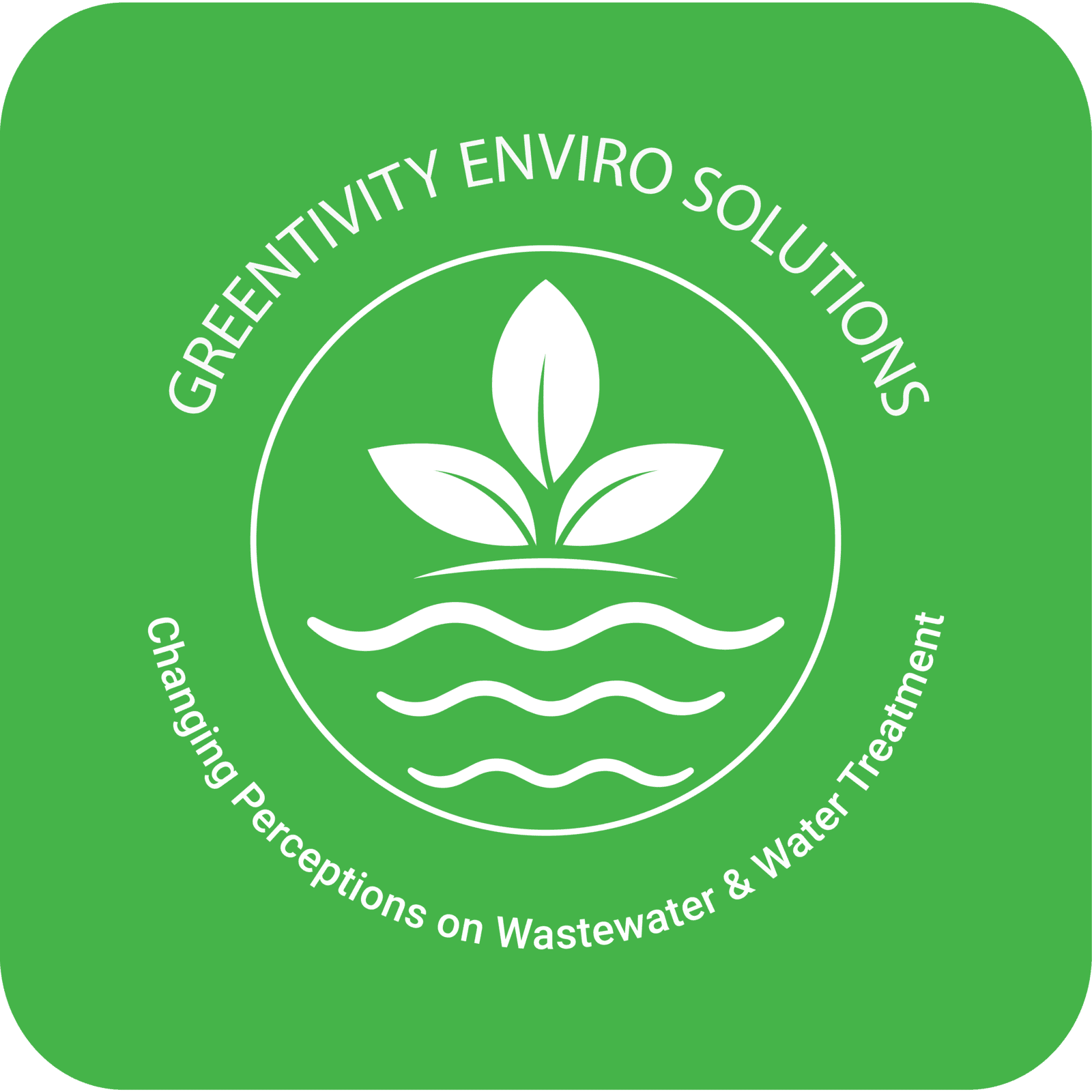Don't Let Non-Compliance Sink Your Operations: A Comprehensive Guide to STP Regulations in India
Are you confident your Sewage Treatment Plant (STP) meets every legal requirement? In India's rapidly evolving environmental landscape, particularly here in Bengaluru, non-compliance can lead to severe penalties, operational shutdowns, and significant reputational damage. At Greentivity Enviro Solutions, we're not just experts in STP Operations and management; we're your trusted guides through the complex maze of Indian environmental regulations.
Navigating the mandates of the Pollution Control Board, the National Green Tribunal (NGT), and specifically the Karnataka State Pollution Control Board (KSPCB) can feel overwhelming. But understanding these critical frameworks isn't just about avoiding fines; it's about safeguarding and contributing to a healthier environment, along with building a sustainable future.
This guide will break down the crucial roles of these regulatory bodies, highlight the significant risks of ignoring their directives, and show you how our services provide a robust, seamless solution for STP compliance.
The Central Pollution Control Board (CPCB): The National Watchdog

The CPCB acts as the apex national authority under foundational laws like the Water (Prevention and Control of Pollution) Act, 1974, and the Environment Protection Act, 1986. It sets the overarching effluent discharge standards that all STPs must adhere to. Think of it this way: the CPCB defines the gold standard for treated sewage. This includes critical parameters like:
- pH: Must be within 6.5-8.5.
- BOD (Biochemical Oxygen Demand): Generally ≤ 10 mg/L for most discharges
- COD (Chemical Oxygen Demand): Typically ≤ 50 mg/L
- TSS (Total Suspended Solids): Often ≤ 10 mg/L
- Ammoniacal Nitrogen and Total Nitrogen: Increasingly stringent norms are being enforced
- Fecal Coliform: Very low or negligible levels are required
Beyond these limits, the CPCB mandates online monitoring for larger STPs, ensuring real-time data submission to authorities. They also champion practices like dual plumbing systems for treated water reuse, reflecting a national push towards water conservation.
Karnataka State Pollution Control Board Effluent Discharge Standards
For surface water discharge, BOD must be 10 mg/L, while for land irrigation or reuse, it can be 20 mg/L. They emphasize the crucial need for Consent for Establishment (CFE) before construction and Consent for Operation (CFO) before commissioning your STP. Plus, KSPCB strongly promotes treated water reuse for non-potable purposes like toilet flushing, gardening, and construction, making it an integral part of STP compliance in Karnataka.
The National Green Tribunal (NGT): The Environmental Judiciary

The National Green Tribunal isn't just another board; it's a powerful, specialized judicial body dedicated to environmental protection. When it comes to STP non-compliance, the NGT has the authority to issue directives, impose hefty fines, and even order the closure of facilities. Recall the significant NGT orders of 2019 that pushed for stricter effluent discharge norms, particularly in large cities. The NGT keeps all regulatory bodies on their toes, ensuring proactive enforcement and making it clear that environmental negligence has serious legal consequences.
The High Stakes: Consequences of Non-Compliance
Ignoring STP regulations isn't just risky; it's a ticking time bomb for your business. The repercussions extend far beyond a slap on the wrist.
Financial Penalties | A Heavy Price Tag - lakhs of rupees for faulty STPs, and up to ₹3 crore for non-installation |
| Legal Action and Operational Shutdowns | Business Interruptions creating chain reaction in commercial establishments |
| Reputational Damage and Loss of Trust | The Unseen Cost |
| Environmental and Public Health Impacts: | Our Shared Responsibility as citizens of India |
Your Path to Compliance: How Our Services Ensure Adherence
Navigating this complex landscape alone can be daunting. That's where Greentivity Enviro Solutions comes in. We offer end-to-end STP solutions designed to not just meet, but exceed, all CPCB, NGT, and KSPCB standards.
- Real-time Monitoring & Automation: Our STPs integrate mandatory online monitoring systems with AquaSTP that link directly to regulatory portals, providing transparent, real-time data and immediate alerts for any deviations
- Proactive Maintenance & Optimization: Our comprehensive Annual Maintenance Contracts (AMC) include regular inspections, predictive maintenance, and operational optimization to guarantee continuous peak performance and sustained compliance
- Sustainable Sludge Management: We guide you through the proper dewatering and disposal of STP sludge, adhering strictly to environmental guidelines
- Treated Water Reuse Solutions: We design and implement systems for effective treated water reuse, helping you meet the KSPCB's mandates for water conservation and sustainability.
At Greentivity Enviro Solutions, we also offer thorough audit services to assess your STP's performance against all regulatory benchmarks, giving you complete peace of mind.
Don't leave your STP compliance to chance
Learn more about our comprehensive STP solutions on our website and explore how we can tailor a plan to your specific needs.
Contact us today for a free consultation with our compliance experts. Let us help you ensure your STP is not just operational, but optimally compliant.

